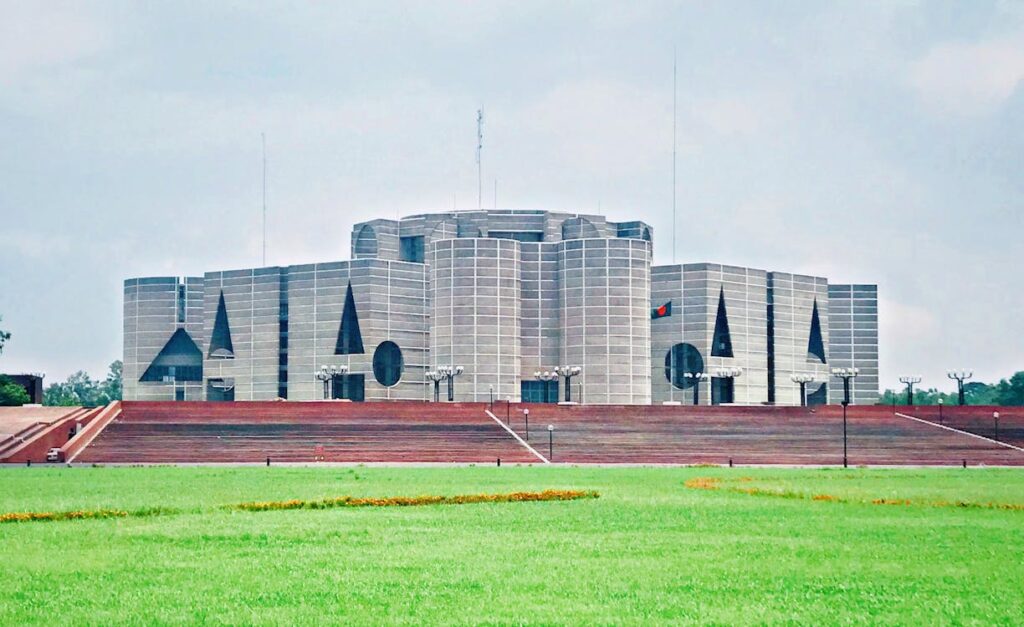Bangladesh’s recent political and social unrest has significantly undermined the nation’s development and growth trajectory. As protests and strikes continue to disrupt daily life, the economic fallout is becoming increasingly severe, with key sectors bearing the brunt of the turmoil.
The garment industry, which constitutes over 80% of Bangladesh’s export earnings, has been particularly hard-hit. According to the Bangladesh Garment Manufacturers and Exporters Association (BGMEA), production has dropped by approximately 20% in the last quarter alone. Factory shutdowns and supply chain disruptions have led to delays in fulfilling international orders, with losses estimated to be in the hundreds of millions of dollars. The livelihoods of over 4 million workers in this sector are now at risk, exacerbating the already fragile economic situation.
Infrastructure projects, crucial for sustaining the country’s growth momentum, are also facing significant setbacks. The government’s plans to invest over $40 billion in new roads, bridges, and energy projects have stalled, with delays expected to cost the economy an estimated 1.5% of GDP growth this year. The uncertainty surrounding these projects has led to a sharp decline in foreign direct investment (FDI), which fell by 12% in the first half of the year, as investors grow wary of the country’s volatile political climate.
In rural areas, the impact is equally concerning. Agricultural production, which supports nearly 40% of the population, has been disrupted by transportation blockades and labour shortages. The Ministry of Agriculture reports that crop yields could decline by as much as 10% this season, threatening food security and the economic stability of millions of rural households.
Education, a critical factor for future development, has also suffered. The United Nations Children’s Fund (UNICEF) estimates that school closures due to unrest have affected over 10 million students, potentially leading to a long-term decline in educational outcomes and human capital development. This disruption could have far-reaching consequences, further hindering Bangladesh’s aspirations for sustained growth and development.
As Bangladesh navigates these turbulent times, the path to recovery remains fraught with challenges. The turmoil has not only halted development but has also cast a shadow over the nation’s economic future. With the country at a crossroads, the need for stability and effective governance has never been more urgent.







